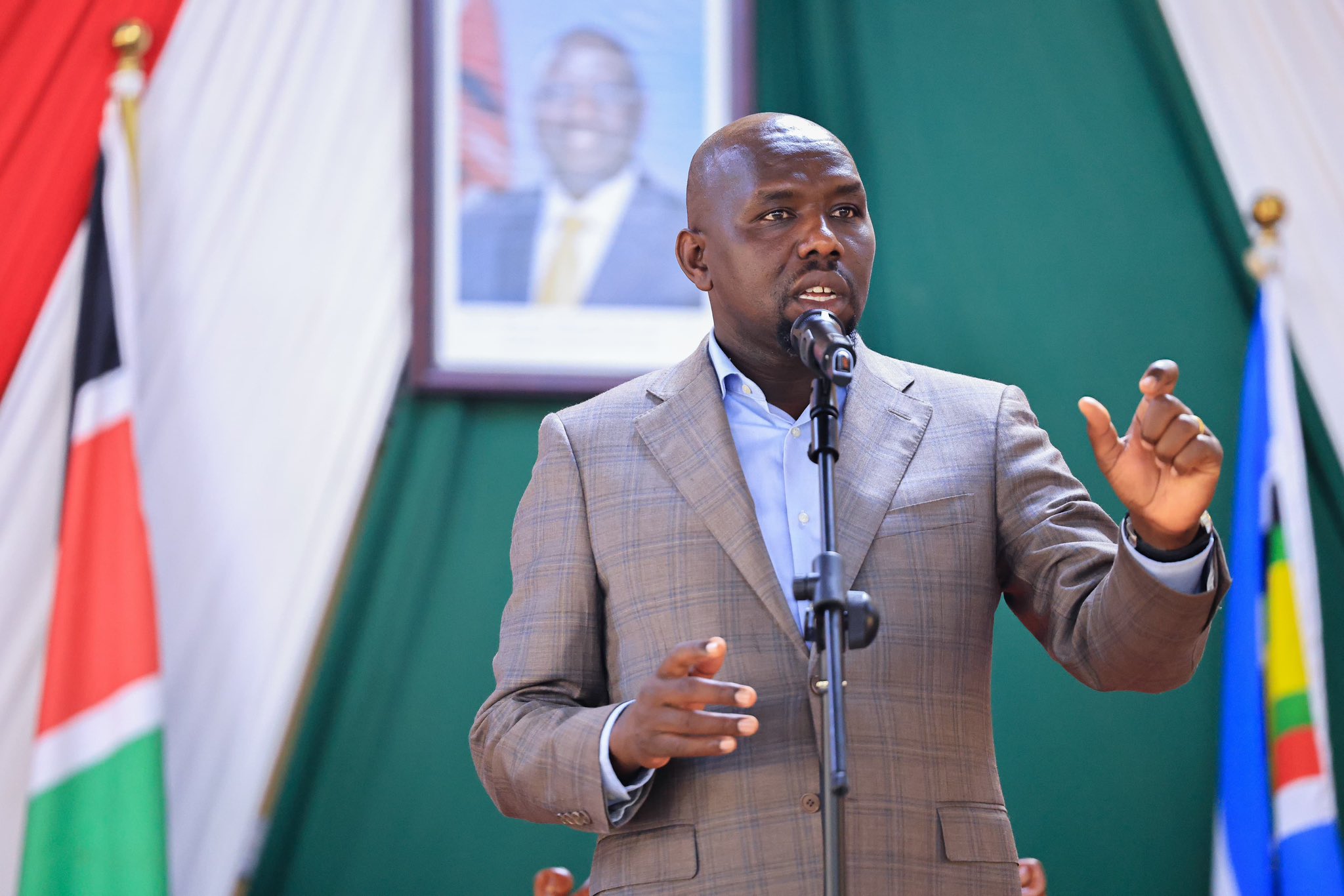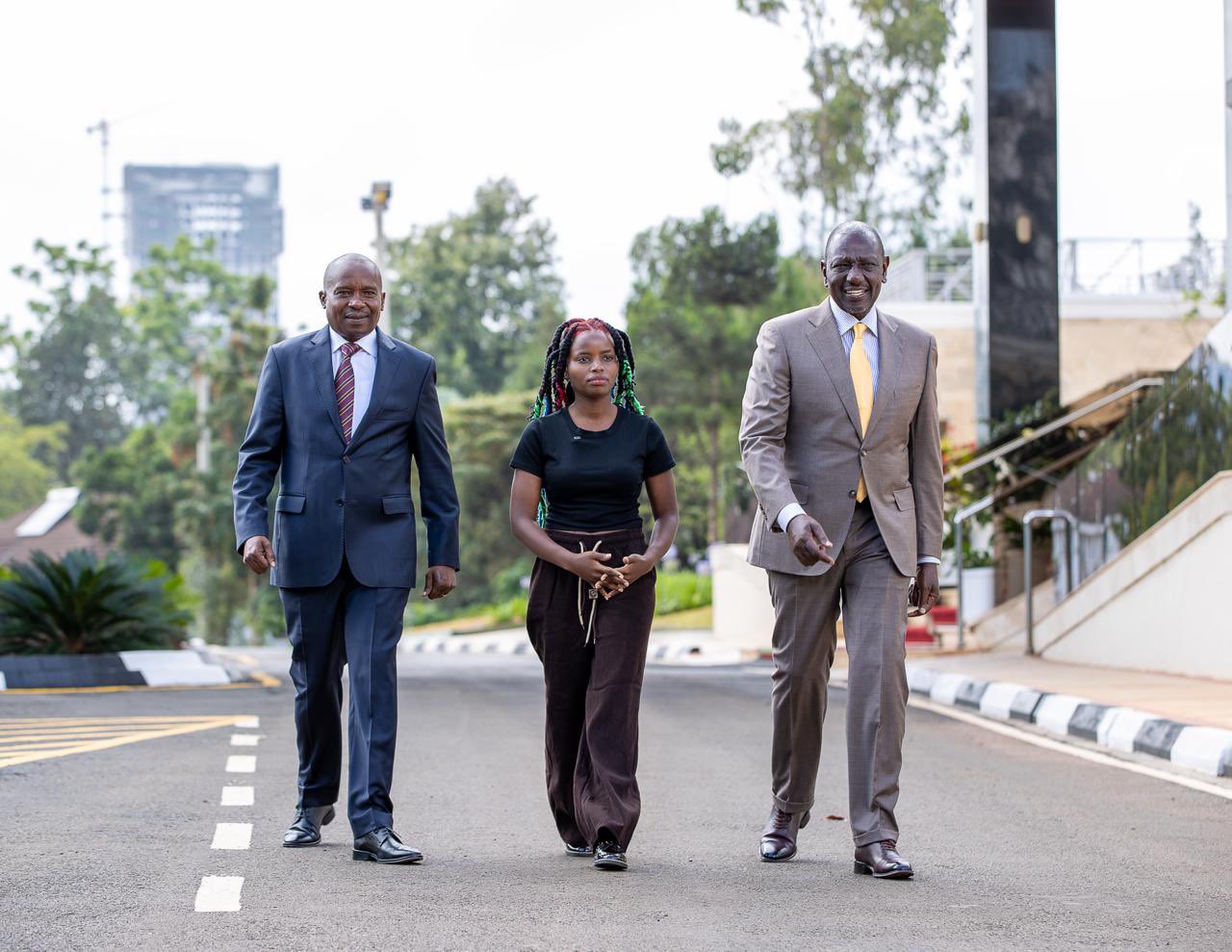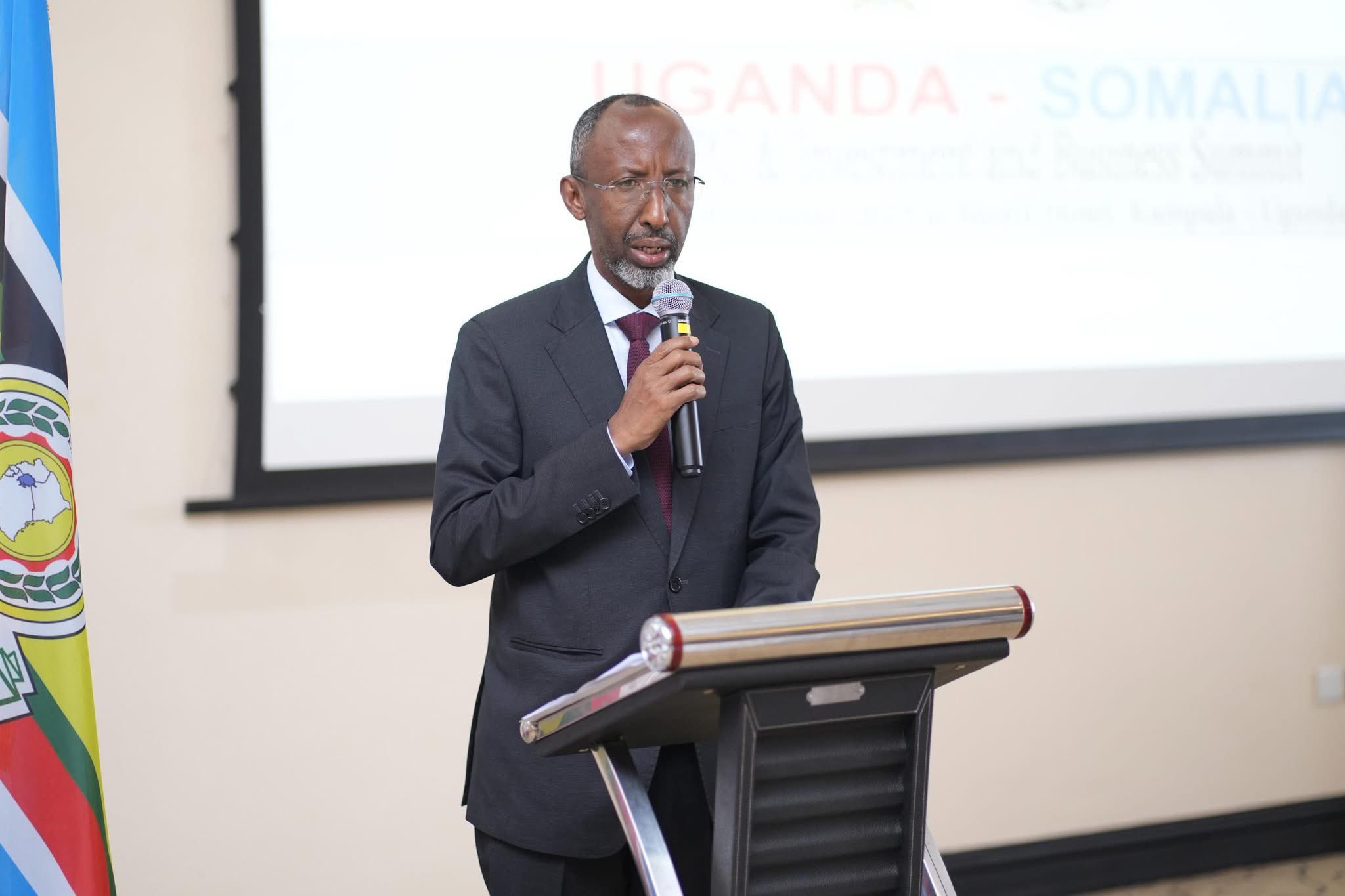Why community vigilance is vital in combating cult killing- Murkomen

The CS pointed to weak community structures, citing the Kenya Alliance of Residents Association (KARA), which he said ought to play a stronger role in collecting and sharing information with authorities.
Interior Cabinet Secretary Kipchumba Murkomen has called for a united community response in tackling religious radicalisation, stressing that leaving the matter solely to the police will not end the menace that has already cost thousands of lives across the country.
Speaking on Citizen TV’s Monday Report, Murkomen drew parallels between the Shakahola tragedy and the ongoing Kwa Binzaro cult deaths, saying Kenyans must take greater responsibility in safeguarding their neighbourhoods.
More To Read
- Police officers returning from Haiti to be honoured at Jamhuri Day parade
- Father recalls unimaginable pain after identifying missing daughter in Shakahola case
- Murkomen warns politicians over hired goons, rising SGBV cases
- Shakahola tragedy: Families describe horror as survivors died en route to hospital
- Murkomen warns perpetrators of by-election violence will face action
- Witness recounts how Paul Mackenzie’s teachings led her to quit career, reject medicine
“As long as we abdicate our duties as citizens, there will always be security issues,” Murkomen said. “Security is not only the responsibility of the police. We must also do our part. You cannot leave your house unlocked and expect it to be solely the responsibility of the police.”
The CS pointed to weak community structures, citing the Kenya Alliance of Residents Association (KARA), which he said ought to play a stronger role in collecting and sharing information with authorities.
He noted that in Shakahola, radicalisation reached the extreme level of mass starvation deaths, yet the early danger signs were ignored.
“Even after Shakahola, there was a man who travelled from Siaya to Chakama Ranch with his children for months. How did no one notice?” Murkomen asked, urging vigilance and the timely reporting of suspicious activity.
He also disclosed that among the measures to prevent extremist indoctrination is the self-regulation of religious organisations.
KARA Chief Executive Officer Henry Ochieng, who was also on the show, admitted that mistrust between citizens and police continues to weaken intelligence-sharing efforts.
“There is goodwill from communities to support the police, but there is also fear that the information provided may be used against them,” Ochieng said, adding that closing this trust gap is crucial for improved cooperation.
The discussion came as police deepen investigations into the Kwa Binzaro killings, where 34 bodies have already been exhumed from shallow graves in Kilifi County.
Inspector General of Police Douglas Kanja confirmed that 102 sets of human remains, including skulls, have been retrieved from the area.
So far, eleven people are under arrest, with four marked as prime suspects. Initial findings indicate that most of those killed were not residents of the region.
Top Stories Today












































